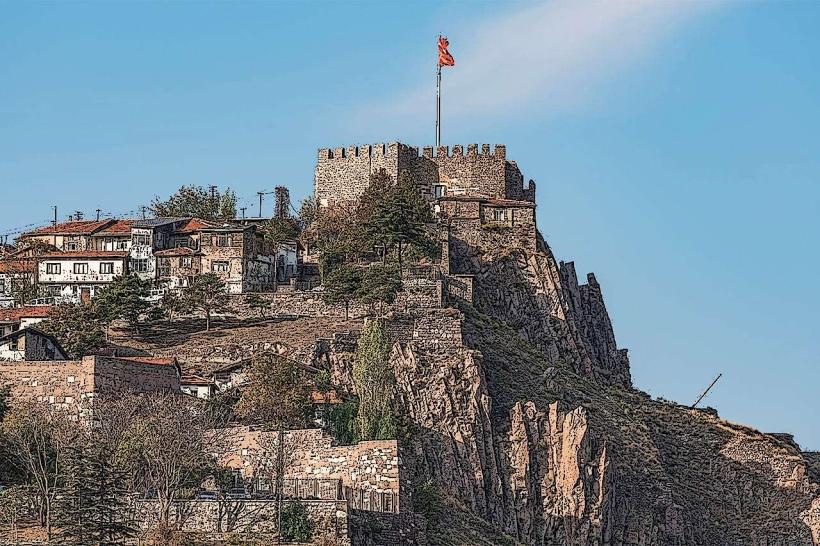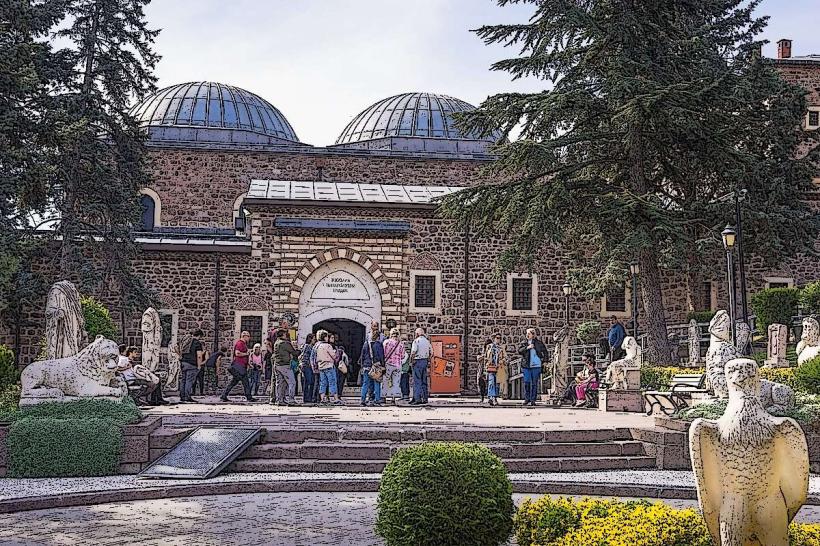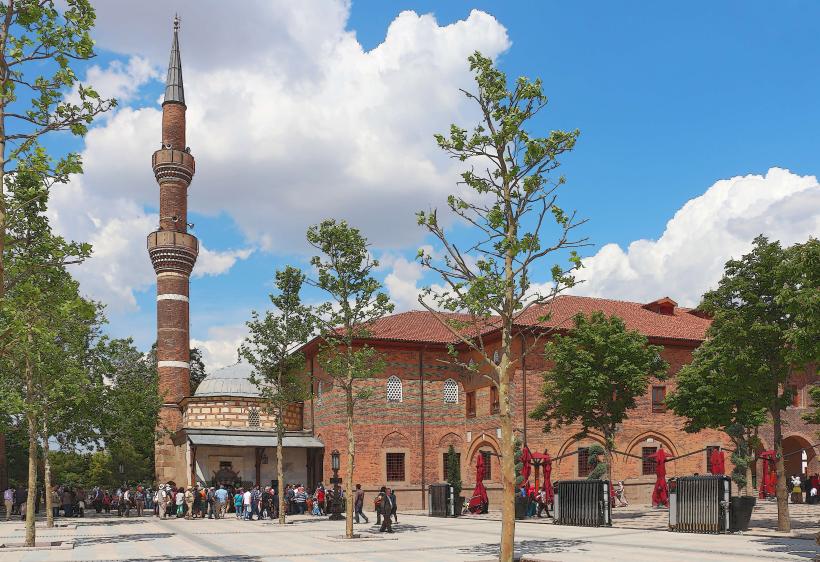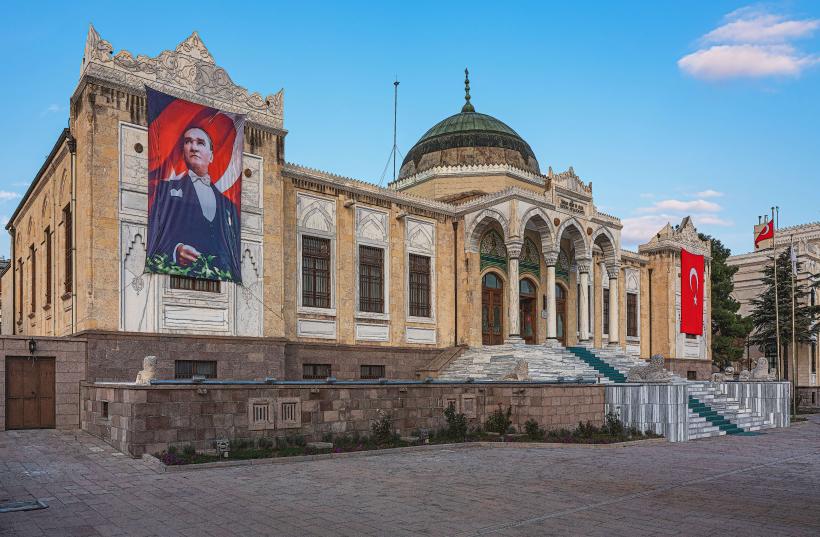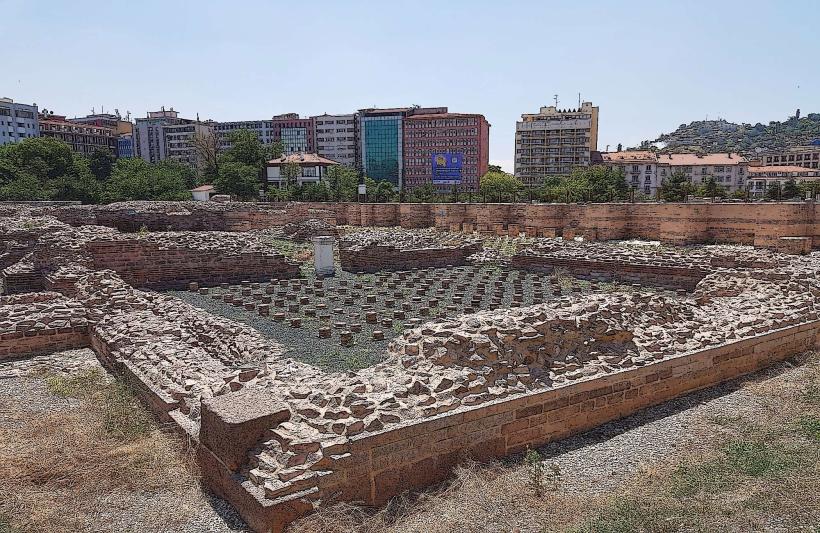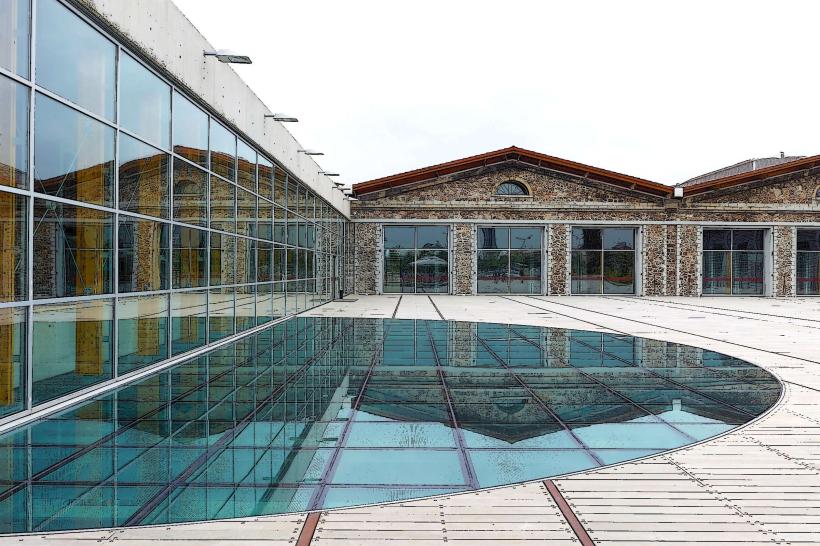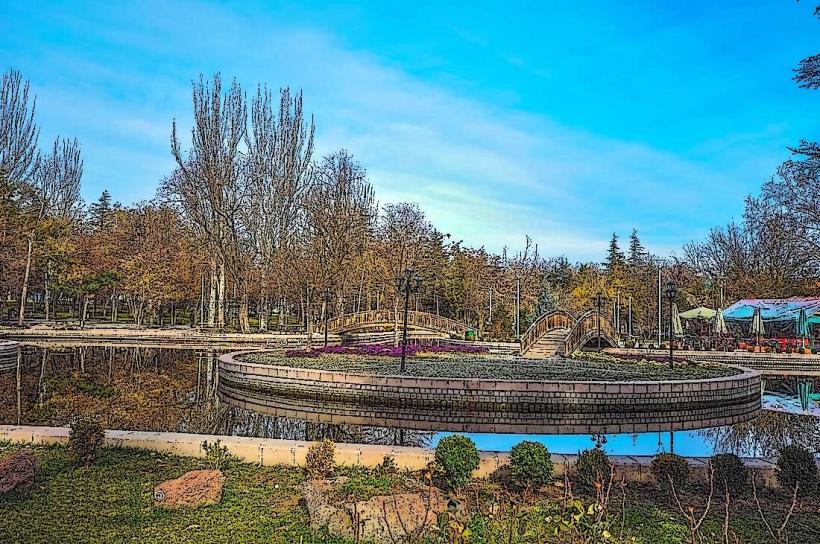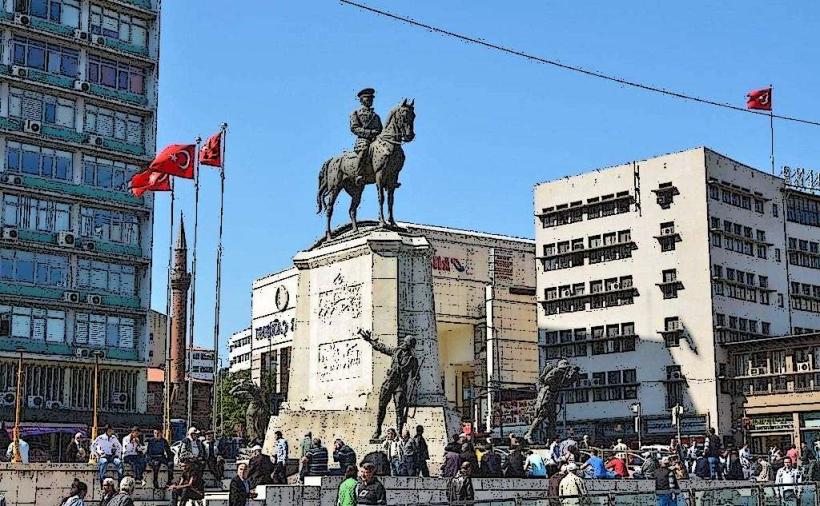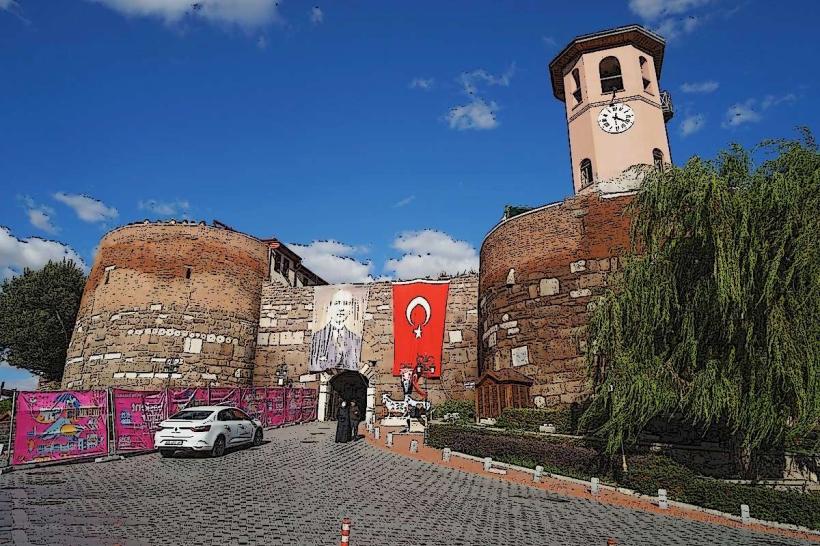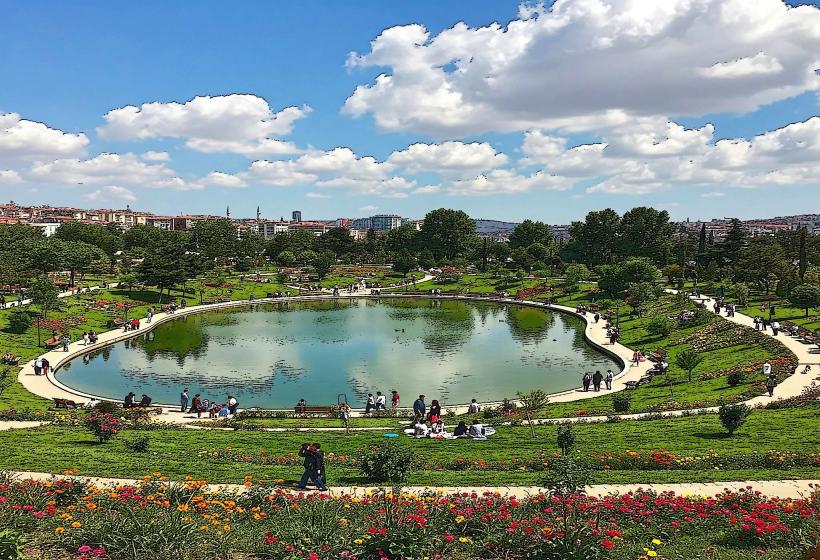Information
Landmark: Augustus TempleCity: Ankara
Country: Turkey
Continent: Asia
Augustus Temple, Ankara, Turkey, Asia
The Temple of Augustus is an ancient Roman temple located in Ankara, Turkey. It is situated in the Ulus district of the city.
Visual Characteristics
The temple is constructed primarily from limestone blocks. It is a rectangular structure with a portico and cella. The remaining walls stand at an average height of 8 meters. Architectural elements suggest a Roman Imperial style, with evidence of Corinthian columns.
Location & Access Logistics
The temple is located approximately 1.5 kilometers north of Ankara's city center. Access is via Cumhuriyet Caddesi, turning onto Hacı Bayram Veli Caddesi. Limited street parking is available in the vicinity. Bus lines 114 and 287 stop within a 5-minute walk at the Hacı Bayram Veli Camii stop.
Historical & Ecological Origin
Construction of the Temple of Augustus began around 25-20 BC. It was dedicated to Augustus, the first Roman Emperor, and the goddess Roma. The temple's original purpose was to promote the imperial cult and Roman ideology in the region. It was built on the site of an earlier Phrygian temple.
Key Highlights & Activities
Examination of the surviving temple walls and inscriptions is the primary activity. Visitors can observe the Res Gestae Divi Augusti inscription, a detailed account of Augustus's achievements, carved into the temple's inner wall. No guided tours are currently offered on-site.
Infrastructure & Amenities
Restrooms are not available directly at the temple site. Shade is minimal, provided only by surrounding structures. Cell phone signal (4G/5G) is generally good in this urban area. Food vendors are present along Hacı Bayram Veli Caddesi.
Best Time to Visit
For optimal lighting on the inscriptions, visit between 10:00 AM and 2:00 PM. The best months for weather are April through October, avoiding the colder, wetter winter months.
Facts & Legends
A unique historical detail is the inscription of the Res Gestae Divi Augusti, a Latin and Greek bilingual text, which provides invaluable historical data about the Roman Empire. It is one of the most complete surviving copies of this important document.
Nearby Landmarks
- Hacı Bayram Veli Mosque (0.1km West)
- Ankara Ethnography Museum (0.8km South)
- Ankara Castle (1.2km Southwest)
- Museum of Anatolian Civilizations (1.3km Southwest)

